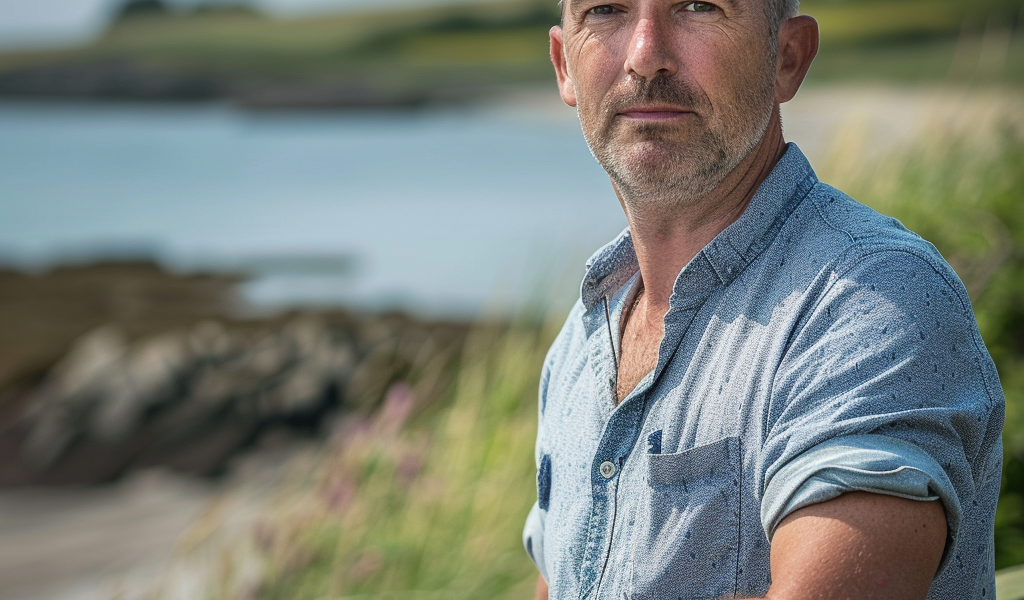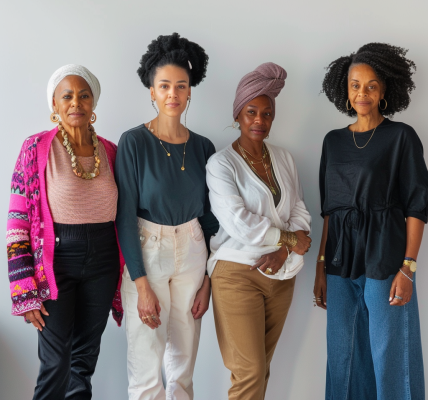Chris McDonnell, a 44-year-old resident of Guernsey, is sharing his personal journey with diabetes to raise awareness about the importance of regular eye screenings. Diagnosed with type 1 diabetes at the tender age of nine, McDonnell’s teenage years were marked by rebellion against his condition, leading to severe health complications.
Reflecting on his past, McDonnell admits, “As a teenager, I completely rebelled against my diabetes and didn’t take care of my diabetes.” This negligence began to take a toll on his health during his twenties when he started to lose vision in one eye. “I didn’t take the advice from the doctors as I should,” he added, highlighting a common struggle among many individuals managing chronic illnesses.
In Guernsey, health officials are emphasizing the necessity for people with diabetes to attend free eye tests. McDonnell’s story serves as a cautionary tale, illustrating the potential consequences of neglecting one’s health. He states, “I was completely blind to the condition. It was my pancreas that wasn’t working, but the reality is that diabetes can have so many complications like eyesight and loss of limbs.”
McDonnell’s noncompliance with his medical regimen included failing to administer the recommended four insulin injections daily, often opting for just two. This led to uncontrolled blood sugar levels, which he acknowledges contributed to his health decline. “In my late 20s and early 30s, I started seeing the signs of the complications of diabetes, like amputations of my toes and then the loss of sight, so it’s been quite impactful,” he recounted.
Experts in the field, such as Stephen Watson, an optometrist at Specsavers, and Dianne Mathews, the Strategic Lead for Screening at Public Health in Guernsey, stress the significance of regular eye screenings for diabetic individuals. They note that people with diabetes are at a heightened risk of developing diabetic retinopathy, a condition that can lead to serious vision impairment or blindness if left untreated.
According to the NHS, diabetic retinopathy occurs when high blood sugar levels damage the retina, the light-sensitive tissue at the back of the eye. Early detection is crucial, as the condition often presents no symptoms in its initial stages. McDonnell expressed a common sentiment among those with diabetes: “I had the feeling that it’s not going to be me, I’m not going to suffer complications.” However, he emphasizes that neglecting to undergo regular screenings can lead to unforeseen health issues in the future.
Optometrist Stephen Watson reiterated the importance of early detection, stating, “Early detection and diagnosis of diabetic eye disease can reduce sight loss by up to 90%.” During eye examinations, optometrists photograph the back of the retina to assess how diabetes is affecting the eye, looking for changes in the blood vessels that could indicate serious problems.
Dianne Mathews highlighted that not enough individuals with diabetes are taking advantage of the screening opportunities available to them. She pointed out, “Not everyone is aware that diabetes can affect the eyes, and the screening is really important.” In Guernsey, the government covers the costs associated with diabetic eye checks, which differ from standard vision tests.
As McDonnell continues to navigate the challenges posed by diabetes, his message is clear: prioritize your health and take advantage of available screenings. By doing so, individuals can significantly reduce their risk of severe complications and maintain better overall health.
Residents of Guernsey and beyond are encouraged to heed McDonnell’s advice and consult with healthcare professionals regarding their diabetes management and eye health. Regular screenings can be a vital step in preventing serious health issues and ensuring a better quality of life for those living with diabetes.





